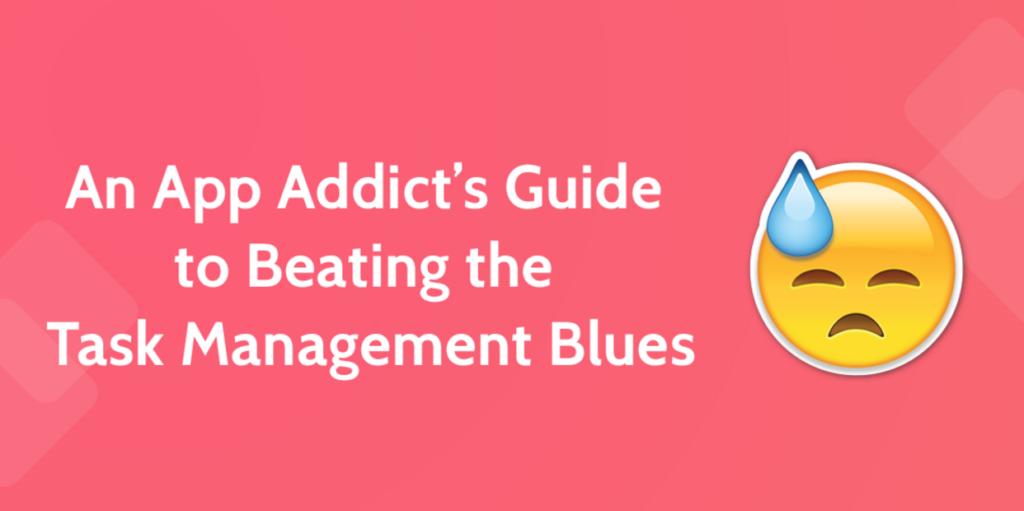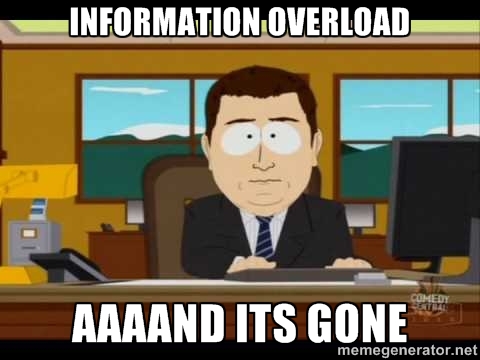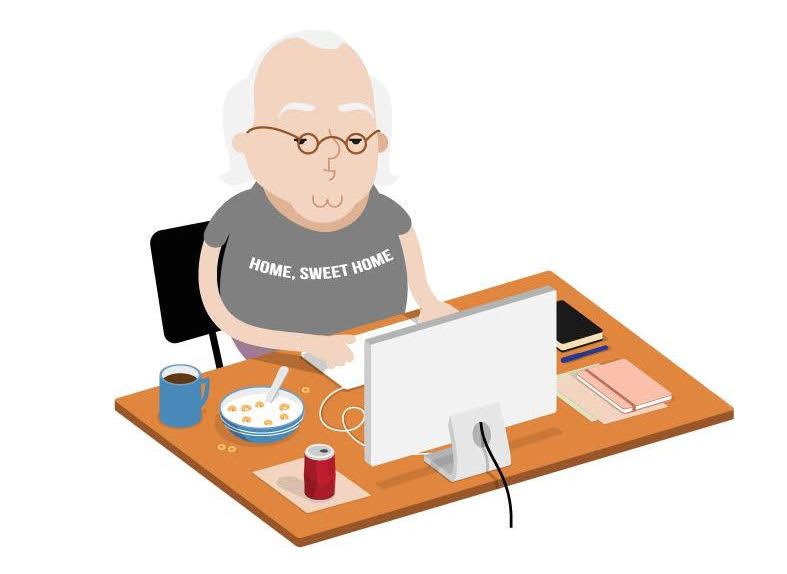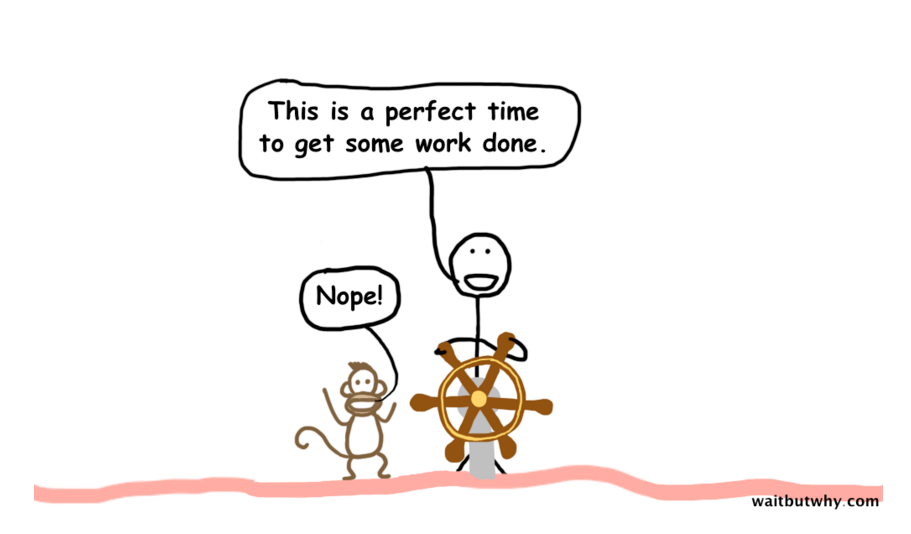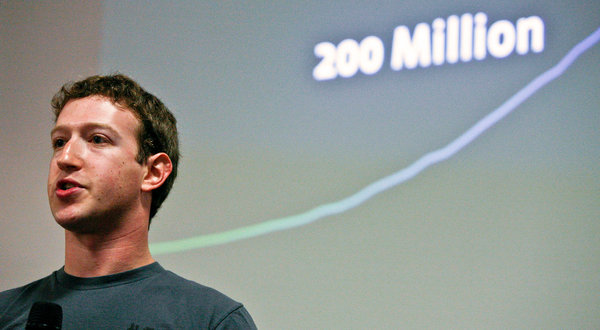This week’s post is a guest article by Vinay Patankar, CEO and co-founder of Process Street.
If you’re running a startup, you can use every little bit of help you can get.
But to justify an administrative assistant or office manager, you’ll probably need to have raised a big seed round of over $1 million or have bootstrapped your company past 10 employees. Otherwise, that extra help getting stuff done is just a luxury you can’t quite afford yet.
Enter Alexa via the Amazon Echo. In the same way Alexa can help you and your family out around the home, it can also make your office and your startup just that little bit easier to manage, so that you can keep your sanity and focus on what’s important.
To get the most out of Alexa, you’ll need to set her up specifically for the office. Here’s how.


